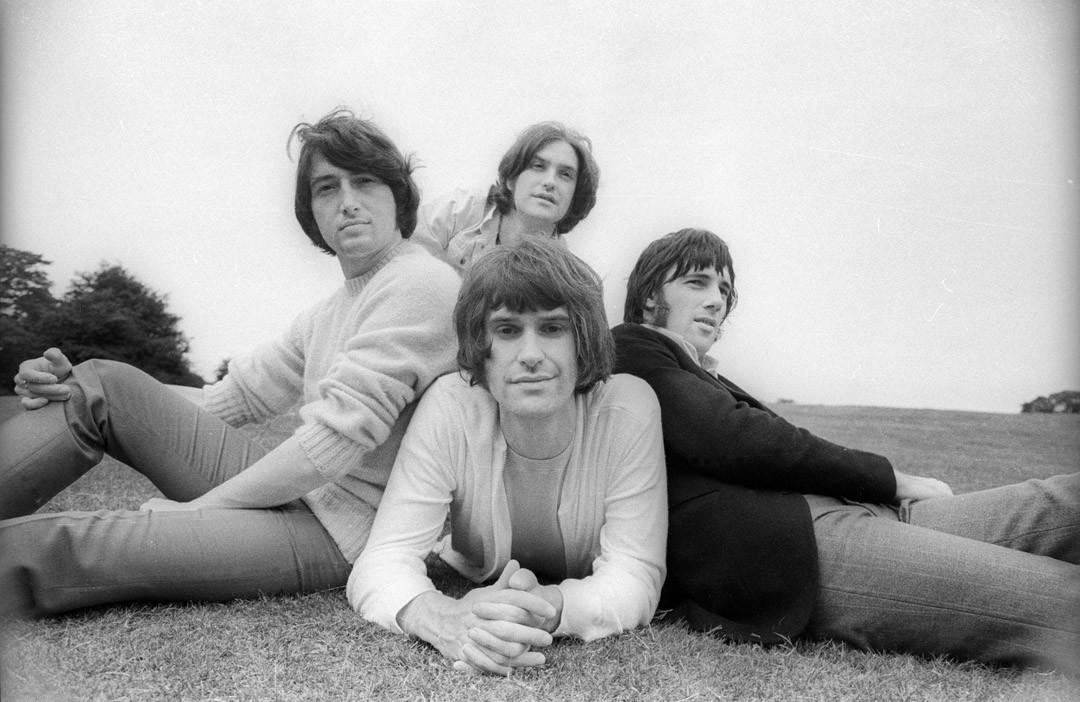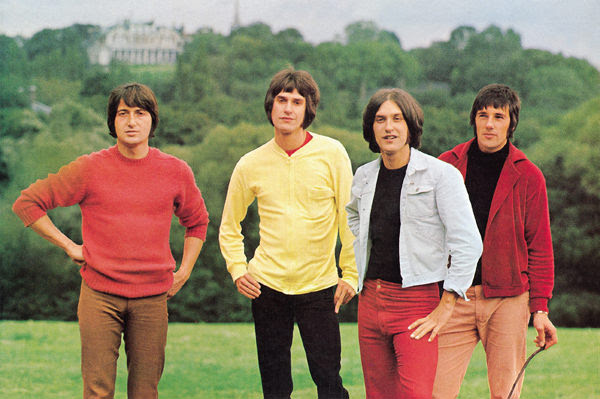One the few bright spots In an Autumn dominated by knife crime, lousy weather and the endless, wearying, machinations of Brexit, was the news that The Kinks had finally gone gold with The Village Green Preservation Society.
With customary alacrity, it’s taken this Sceptred Isle a mere 50 years to fully appreciate an album that, perhaps more than any other, celebrates and venerates what it means to be English.
Released at a time when mind expanding drugs like LSD were encouraging musicians to look outward to universal themes, with typical perversity The Kinks turned inward, focussing on the minutiae of the everyday.
Ray Davies, arguably the finest songwriter Britain has ever produced, moved on from the American music that had originally inspired him and looked behind the facade of so called ‘Swinging London’.
With a warmth and wry wit, Ray crystallised Englishness in all its absurd, eccentric, prosaic glory – football, church, Sunday roasts and comic books – without ever appearing sneering or judgmental.
His poetry finds beauty in the mundane and commonplace, memories of old friends and childhood heroes, days out in the country and adolescent longing.
Swapping R&B for music hall, the music is equally evocative of the characters and neighbourhoods that populate the songs on what many critics regard as The Kinks’ most complete album.

One of the key selling points of the 50th anniversary box set is previously unreleased ‘new’ track Time Song.
Clearly included with half an eye on the completists, it’s a slight but clever piece.
The song highlights time’s ability to heal, but cautions that it’s always running out and gone before you know it, leaving the dreams of youth in the wake of its passing tide.
Like all of the band’s best work, it’s inclusive, The Kinks are part of this world, not just commentating on it.
They’re just as flawed as the rest of us, making the same mistakes and telling the same lies.
Ironically, given the febrile times in which we live, it was performed at a concert at London’s Drury Lane in 1973 to celebrate Britain’s entry into the Common Market.
“I decided to use the song as a warning that time was running out for the old British Empire.’ Ray says. ‘Oddly enough, the song seems quite poignant and appropriate to release at this time in British history, and like Europe itself the track is a rough mix which still has to be finessed.”
The Kinks were going through very real turmoil themselves during the lead up to the recording of Village Green…and Ray feared it might be their final record.
It did prove to be the last album by the original quartet – Ray and brother Dave Davies, drummer Mick Avory and bassist Pete Quaife – who left shortly after its release.
Banned in the US by the American Federation of Musicians union, the Kinks were losing ground to The Beatles and The Rolling Stones and consumed with internal strife.
There were drunken rows and fist fights and Ray’s tempestuous relationship with lead guitarist Dave was at one of its lowest ebbs.
The band were also at odds with their record company, which wanted them to concentrate on hit singles rather than the more complex sound the band were developing.
While commercially disastrous, the US ban was to prove artistically fruitful for Ray, who began looking to his family and their neighbourhood around Muswell Hill for inspiration.
The result was the band’s first real concept album, with songs based around the notion of a village green – which Ray envisioned as a place of physical and spiritual refuge.
Songs like Last of the Steam-Powered Trains have led to the album being viewed by many as a wistful look back at declining British values,
Characters, such as the old man reminiscing in Do You Remember Walter? and the local rebel/hero Johnny Thunder clearly hearken back to more innocent times.
There are literal snapshots of family life in Picture Book and People Take Pictures Of Each Other, while Village Green, Sitting By The Riverside and the title track all reference a certain Arcadian notion of England.
But it’s not all sweetness and light, Ray’s keen eye for the absurd is very much in evidence and there’s a gentle mockery and wry social commentary running through the record.
Though it’s never directly expressed, Monica is likely the local prostitute, while the disturbing melody and distorted guitars of Wicked Annabella – sung by Dave Davies – herald a darker mood entirely.
There’s escapist fantasy in Animal Farm, mysticism in Big Sky and baroque psychedelia, featuring Dave’s speeded up vocals, on Phenomenal Cat.

The vision is Ray’s, but all four musicians contribute to a truly special album that’s proved an enduring influence on bands like XTC, Madness, The Smiths and The Fall.
Paul Weller freely acknowledges that he owes a debt, as do pretty much the whole Britpop crowd, Oasis and Blur in particular.
As you’d expect, the 50th anniversary box set comes in multiple formats, with all manner of extras including audio of BBC performances, unreleased interviews, poster memorabilia and a 52-page hardback photo book – just the thing for Christmas.
But the original album is still the most important thing.
So if you don’t already have it in your collection, may I politely suggest you go out and grab a copy or two.
The Kinks have always had an endearing homemade quality, like a four-man cottage industry. and Village Green Preservation Society is probably the most fully realised document of their singular vision of Englishness.
It never charted on original release of course, but that’s England for you.
- The Kinks Are The Village Green Preservation Society 50th anniversary box set is out now. Further details and ‘unboxing’ video available on this link.
Original LP tracklist:
Side One
1. The Village Green Preservation Society
2. Do You Remember Walter?
3. Picture Book
4. Johnny Thunder
5. Last Of The Steam-Powered Trains
6. Big Sky
7. Sitting By The Riverside
Side Two
1. Animal Farm
2. Village Green
3. Starstruck
4. Phenomenal Cat
5. All Of My Friends Were There
6. Wicked Annabella
7. Monica
8. People Take Pictures Of Each Other